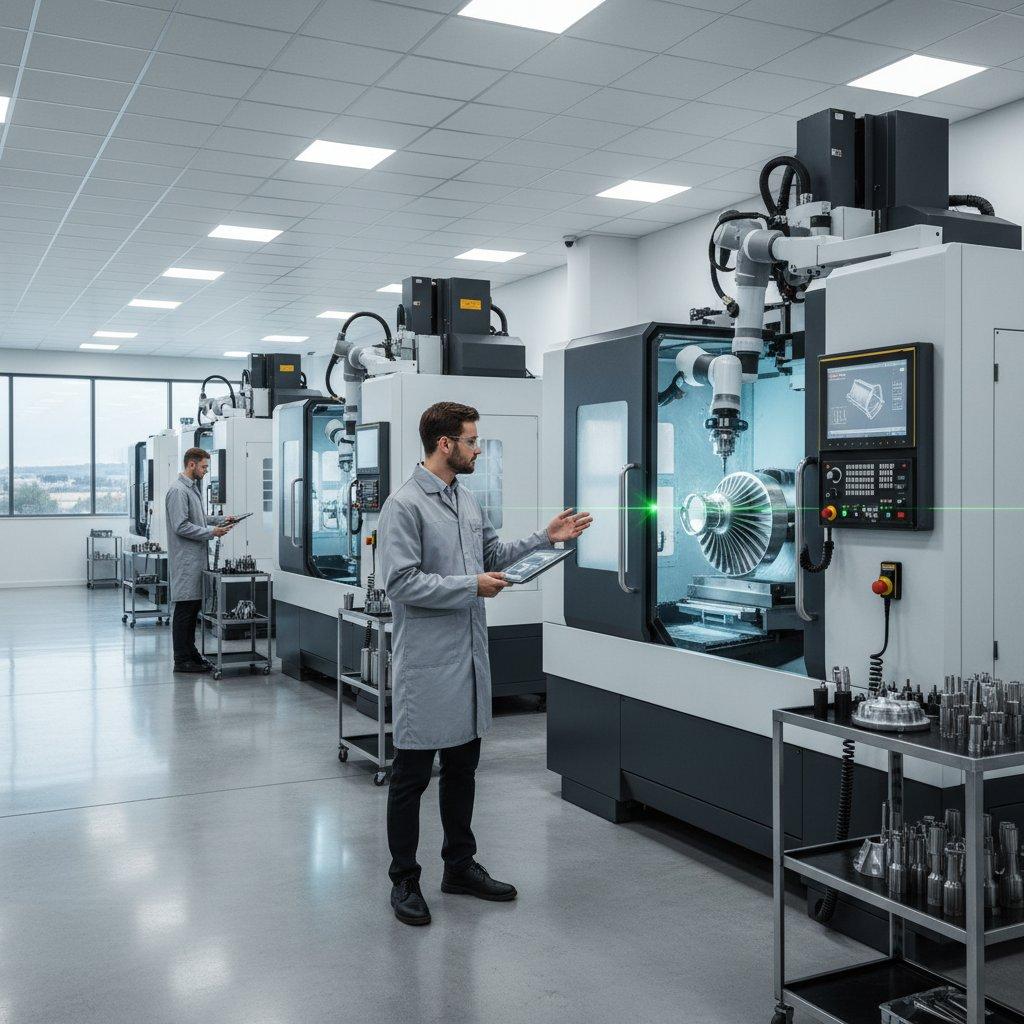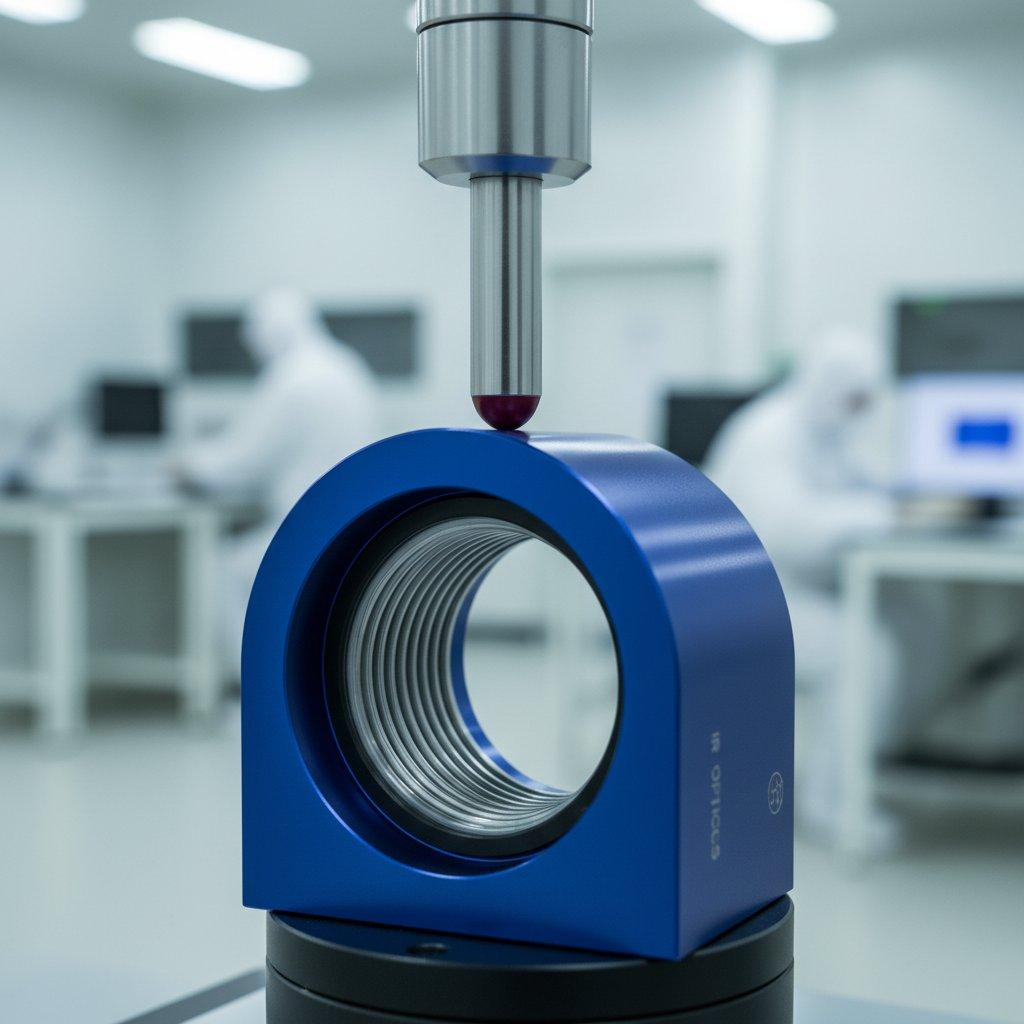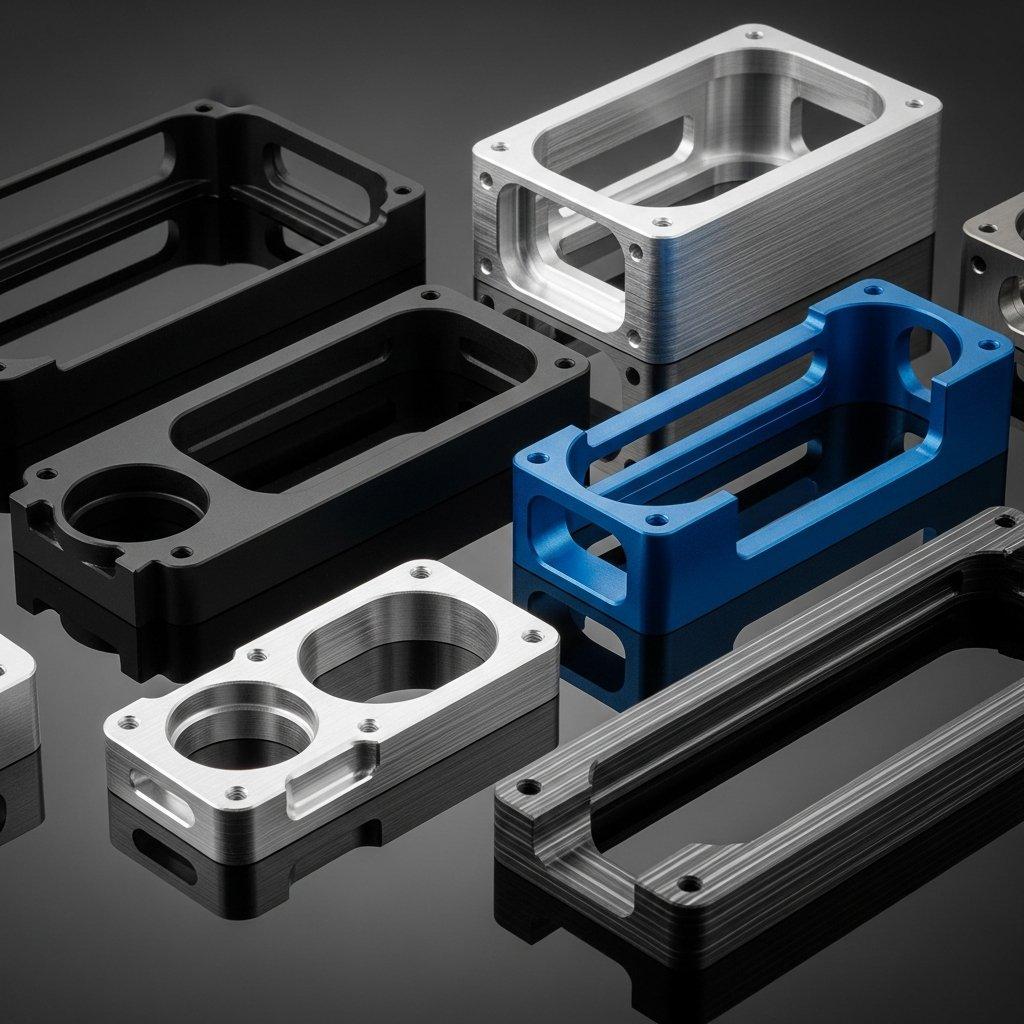Top 2026 Ranking: Best CNC Machining Manufacturers for Precision Parts & Custom Services
Top 2026 Ranking: Best CNC Machining Manufacturers for Precision Parts & Custom Services Read More »
blogTop CNC Manufacturers for Precision Parts Quick Solution: Identifying the best precision CNC machining companies for 2026 requires evaluating advanced capabilities, strict quality control, and transparent custom CNC machining services. ly-machining excels in all […]









